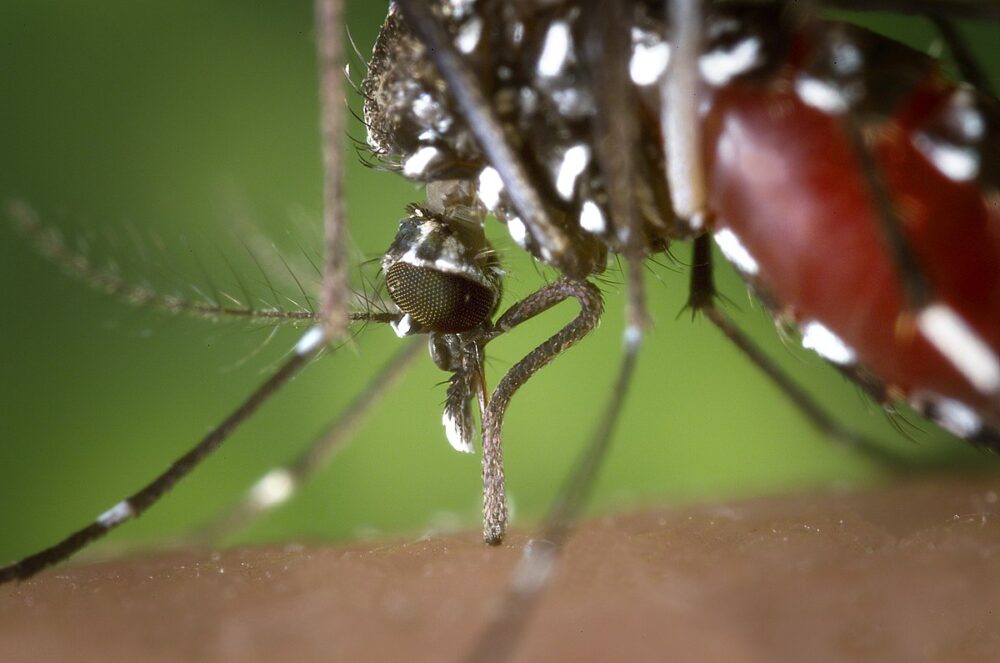
By Britney Tran
An infection from the West Nile virus could be a formidable threat to anyone. But amongst scorching heat waves in Southern California, “favorable zones” may be at risk as the virus strikes at the vulnerability of people in sustained warm climates.
Mosquitos are believed to be the world’s most dangerous animal, and with the West Nile virus being America’s deadliest mosquito-borne disease, outbreaks have posed a threat to the Los Angeles metropolitan area since its arrival in 2003. Primarily harbored by the Culex species, the virus has quickly established itself through the bite of an infected mosquito.
As climate change worsens, its impact could extend well beyond an increase in temperature. Coastal populations from San Diego to Santa Barbara may become vulnerable to contracting the West Nile virus, following future projections of climate change over the upcoming decades.
New research conducted by a study team from the University of California, Berkeley suggests that the number of infected mosquitoes is strongly associated with the average temperature of the area. The study inspected nearly two million mosquitoes captured in Los Angeles, many of which revealed a distinct transition of infected mosquitoes within temperatures of 70 to 73 degrees Fahrenheit.
The results, published in the scientific journal Proceedings of The Royal Society, increase apprehension for what has already been released about seasonal West Nile outbreaks, as well as the fluctuating cases between borders of “favorable” and inhibitory temperatures within coastal L.A.
Although Nicholas K. Staff, a leading spokesman for the study, claims that “predicting the transmission of infectious diseases carried by animal hosts and vectors [remains] a complex puzzle,” it is suggested that the datasets be interpreted as a precursor for what to expect in the long haul.





